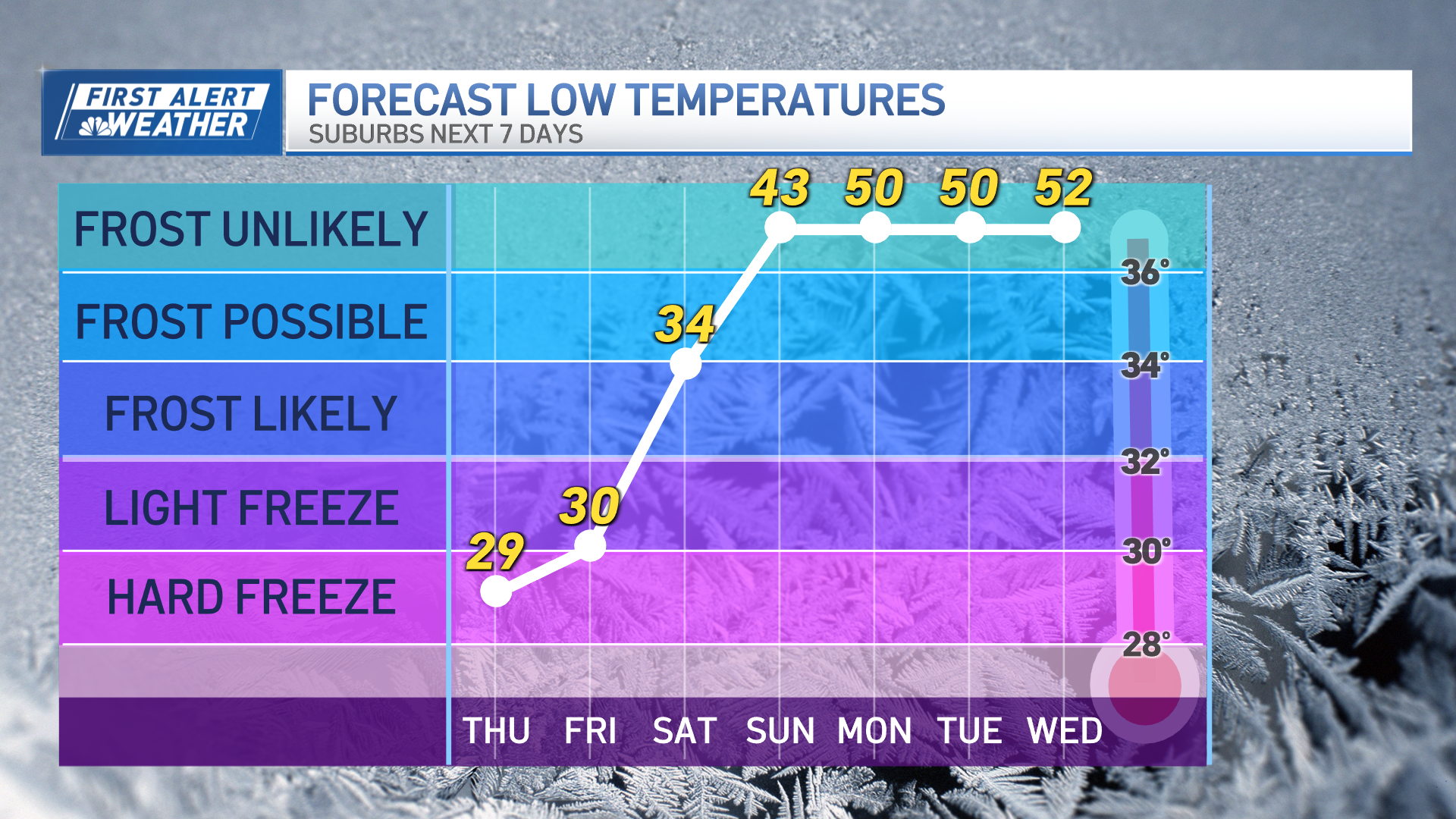Dr. Monica Bharel first thought the aches and pains she started feeling in late March were due to a lack of sleep and the long hours she was putting in as Department of Public Health commissioner in the midst of a pandemic.
When her husband told her their daughter had a fever, Bharel started thinking about her own symptoms and was tested for COVID-19 that night, March 26. The next day, as she worked from home, the results came back and the department announced Bharel had tested positive for the respiratory disease.
At the time, she was one of more than 29,000 people in Massachusetts who had been tested, and one of about 3,200 confirmed cases.
Four weeks later — with the statewide case count topping 46,000 and more than 195,000 people tested — Bharel has been cleared to end her isolation period and says she's "feeling 100 percent."
"As a medical doctor and as the state's chief medical doctor, it was my duty and my job to learn everything I could and understand COVID-19, and I didn't expect to have it myself," she said in an interview. "As I was experiencing all the symptoms I read about, I was learning firsthand what it felt like, how intense the muscle aches could be, how the eye pain could keep you up all night, what it means to try to eat when you've lost your sense of smell."
For the past few weeks, Bharel has been working from home, managing "pretty significant fevers, muscle aches and fatigues." Meanwhile, she's been ordering demographic data collection for COVID-19 patients, issuing guidance on new health precautions garden centers must take, and carrying out other responsibilities dictated by the demands of the pandemic.
Local
In-depth news coverage of the Greater Boston Area.
She's now back in her office at the Department of Public Health's Boston headquarters, still practicing social distancing and, she said, "indebted to my unbelievably skilled team."
Bharel said she, her husband and two children all got sick around the same time. Her husband also works in health care, so the two are considered essential workers and had been working, while the kids were home from closed schools. The family had been practicing social distancing, she said, and they don't know how they contracted the virus.
They isolated themselves in their home, and none of them required hospitalization. About 8 percent of the COVID-19 patients in the state were hospitalized as of Thursday, according to Department of Public Health data.
Bharel said she was surprised at how long her symptoms lasted and called the experience an eye-opening one. She was most concerned, she said, with her family's well-being, particularly her children. She said one of the "very few silver linings" of COVID-19 is that children typically do not get as sick.
"I was worried when my husband started getting sick," she said. "As you can imagine, I have all these facts in my mind from working on the COVID-19 pandemic and the statistics show that men often fare worse than women, and if you start getting symptoms in your chest that can be an alarm sign. We were monitoring ourselves very closely. It was frightening."
Going through a bout of COVID-19 re-affirmed for Bharel the need for many of the steps the state has taken to mitigate spread of the highly contagious virus, she said. She said she's thankful her family had been adhering to social distancing protocols and didn't get others sick.
She said people ask her "all the time" how they can help fight the virus, and her answer is that staying home and keeping distance from others is "really important." People who feel sick should seek out medical care and talk to health care professionals early on, so that they can isolate themselves if needed.
"Staying home and practicing social distancing is really hard," Bharel said. "It goes against all of our basic human instincts to be apart from each other, especially during these trying times, but being apart, staying home, is keeping not only yourself safe but also people who are vulnerable to get sick from this virus."
With the information known about COVID-19 rapidly changing, Bharel said people should visit the state's website to get the most up-to-date facts.
She said state officials, too, will look to data and the evolving science as they plan next steps.
"I think we've made good progress," she said. "We have seen that our health care system so far has been able to manage the number of patients who are coming in, and as we move forward with this, I understand that it's a sacrifice that individuals are making to be apart, but it's what's required to get through this together, and we'll continue our work at the state level."



